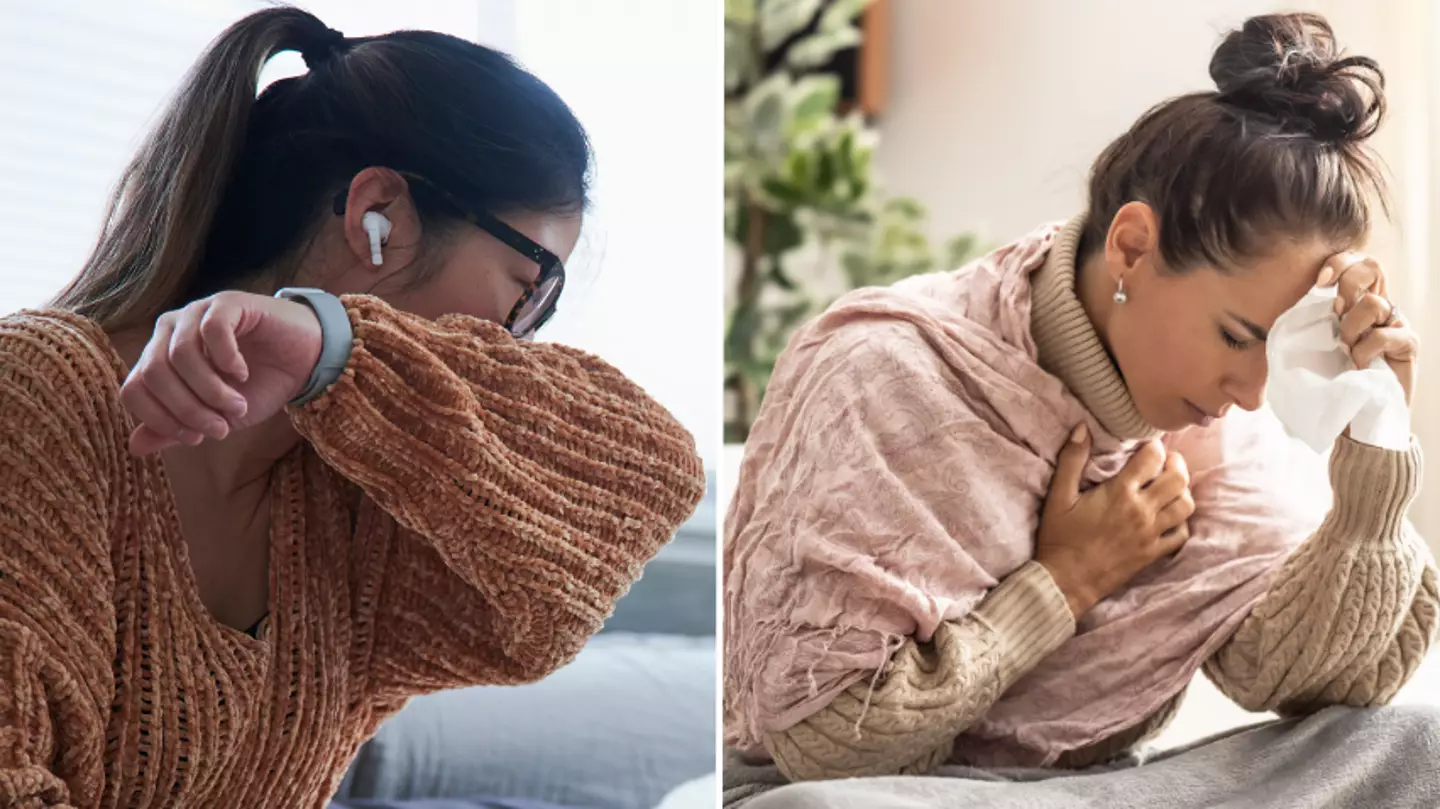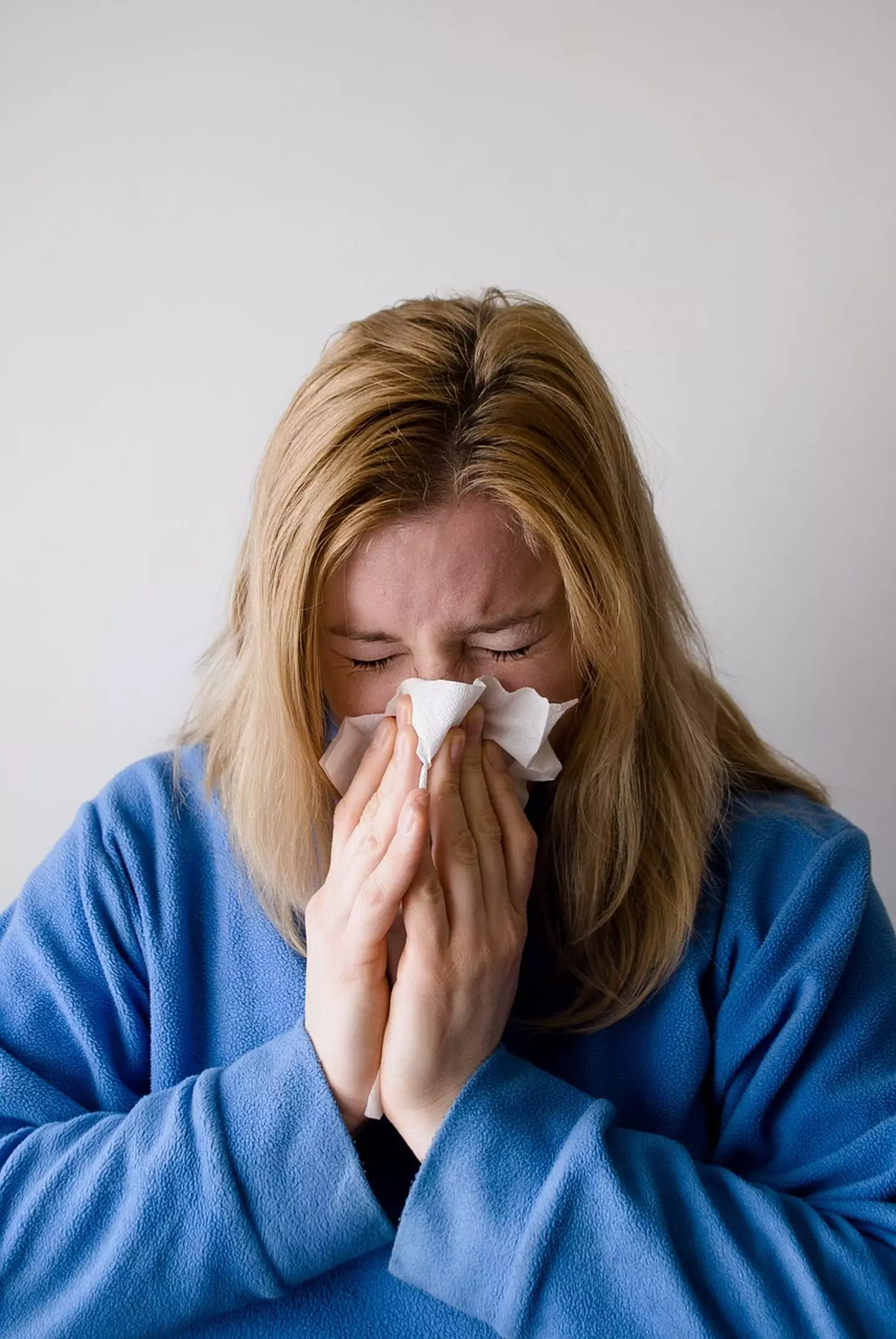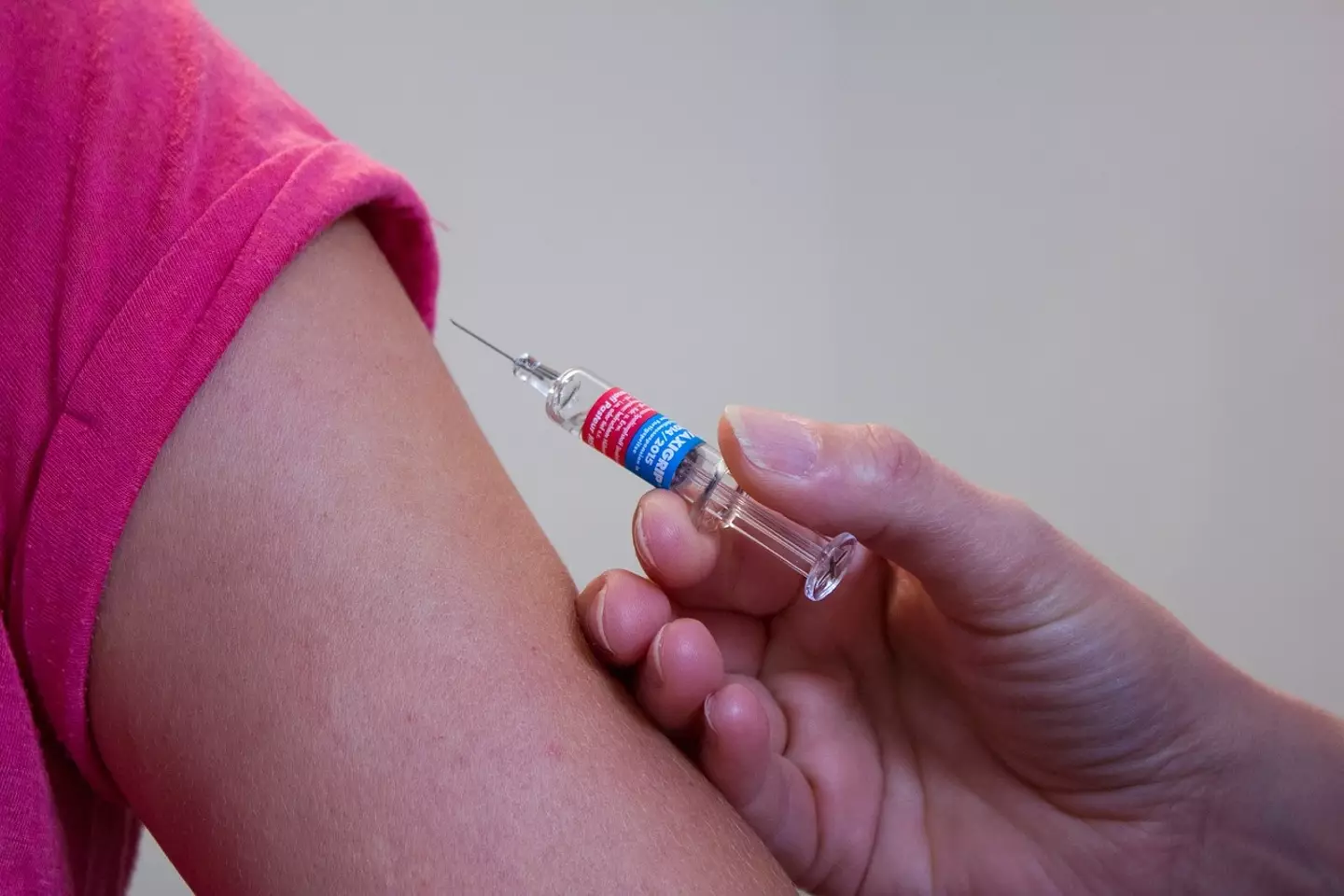
January isn't famous for being the month in which you feel on top form.
It's all too common to hear the phrase 'something's going around' whenever you disclose details about your health.
Let's face it, it does feel like everybody in the UK has a cough, runny nose or a whole host of ailments.
The latest thing for Brits to be wary of is the '100 day cough', which has swept the country in recent weeks.
Advert

Otherwise known as Whooping Cough, cases of the illness have doubled among children in London.
In England and Wales, in the first week of 2024 there was 167 cases, according to the UK Health and Security Agency's Statuary Notifications of Infectious Diseases Report. In the third week, there were 243, an increase of almost 50%.
Whooping Cough is a highly contagious bacterial infection which is spread through coughs and sneezes.
Advert
So, what are the symptoms that people need to look out for?
Initial symptoms
At first, the symptoms of Whooping Cough will feel like a cold - runny nose, watery eyes and a sore throat.
Intense coughing
After about a week, the intense coughing will begin.
Advert
These coughing fits can last for several minutes at a time and most often happen at night.
The coughing can be so severe that mucus may be brought up or even vomit.
In between coughing fits, a sufferer will gasp for air, which may cause a 'whoop' sound.
Change in colour
The intense coughing can cause a person's face to become red, and lead to slight bleeding underneath the skin or the eyes.
Advert
Young children suffering with Whooping Cough can also turn blue if they have trouble breathing.
The illness can cause serious complications for babies and lead to hospitalisation.
This is particularly severe if the tot has not had their vaccination yet.
In the UK, one in ten infants don't have their vaccination by the age of two.
Advert
The areas of London which have seen the biggest spike in infections also have high numbers of unvaccinated children.

In Hackney, for example, 25.5 percent of babies have still not received their six-in-one jab.
Dr Gayatri Amirthalingam, a consultant epidemiologist at UKHSA, said: "Before the introduction of routine immunisation, whooping cough used to affect tens of thousands of people.
"Thanks to vaccination this has dropped dramatically but the infection hasn’t gone away completely as neither infection nor vaccination can provide life-long protection.
"Social distancing and lockdown measures imposed across the UK during the Covid-19 pandemic had a significant impact on the spread of infections, including whooping cough.
"As expected, we are now seeing cases of whooping cough increase again so it’s vital pregnant women ensure they get vaccinated to protect their baby."
